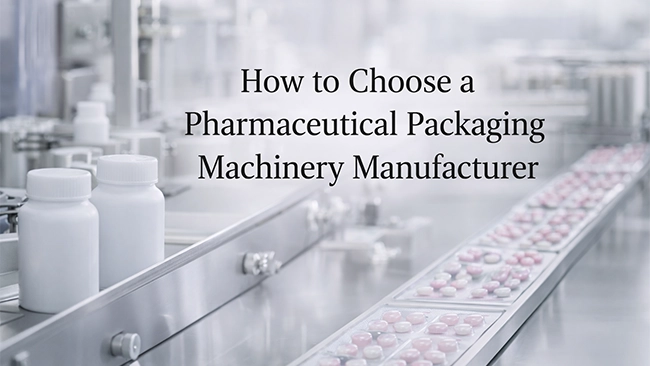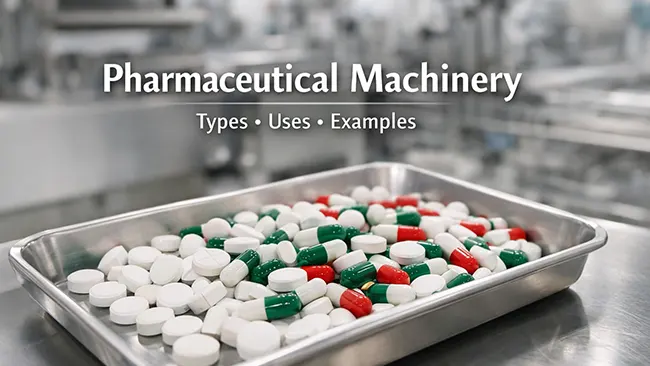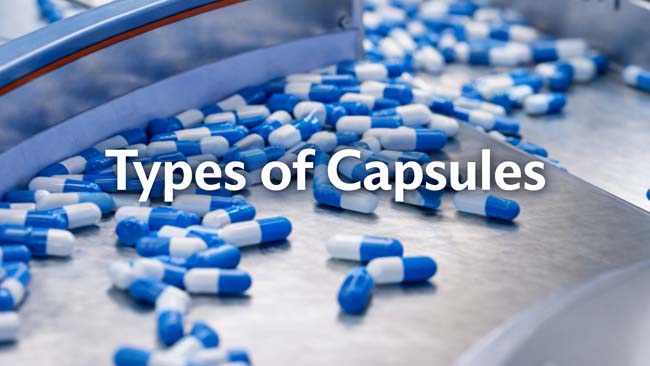Dans une industrie pharmaceutique en constante évolution, le procédé de pressage des médicaments en comprimés solides est devenu un élément clé de l'administration moderne des médicaments. Comprendre les avantages de compression de comprimés Le rôle crucial des presses à comprimés pharmaceutiques peut vous aider à optimiser vos processus de fabrication et à offrir de meilleurs produits à vos patients. Le passage de la poudre libre aux comprimés représente l'une des avancées les plus significatives de la fabrication pharmaceutique, alliant ingénierie de précision et technologie de pointe pour produire des comprimés répondant aux normes de qualité les plus strictes.
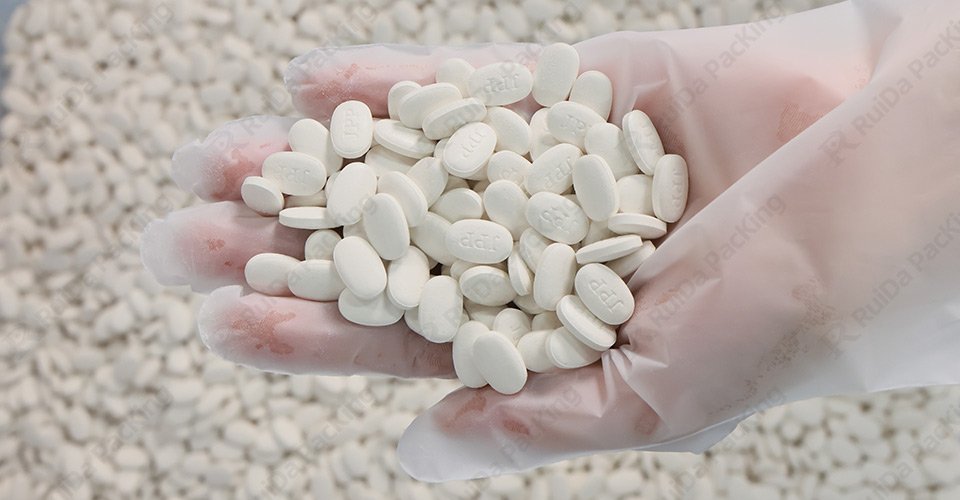
Avantages de la compression des médicaments en comprimés solides
En compressant des médicaments sous forme de comprimés, vous créez une forme galénique offrant de nombreux avantages, tant pour les patients que pour les fabricants. L'observance thérapeutique des patients est considérablement améliorée grâce à la praticité des comprimés : ils sont faciles à manipuler, à transporter, à stocker et à consommer. L'aspect professionnel et le marquage distinctif des comprimés inspirer confiance chez les patients et les aident à maintenir leur traitement médicamenteux de manière constante. De plus, les comprimés offrent des taux de dissolution prévisibles, garantissant une administration fiable du médicament.
Du point de vue de la stabilité, les comprimés solides offrent une protection supérieure contre les facteurs environnementaux tels que l'humidité et la lumière. Le procédé de compression permet de réduire les risques d'oxydation et de prolonger la durée de conservation par rapport aux formulations liquides. Vos produits conservent une meilleure résistance aux variations de température, garantissant ainsi leur efficacité tout au long de leur cycle de vie. Cette stabilité accrue se traduit directement par une réduction des déchets et une conservation plus longue.
Les avantages économiques de la fabrication de comprimés par compression sont considérables. Vous constaterez que les coûts de production unitaire diminuent considérablement par rapport aux autres formes galéniques. La compacité des comprimés réduit les besoins en matériaux d'emballage et optimise l'utilisation de l'espace de stockage. Les coûts de transport diminuent grâce à une utilisation optimale de l'espace, et le processus de fabrication génère généralement moins de déchets que les autres méthodes.
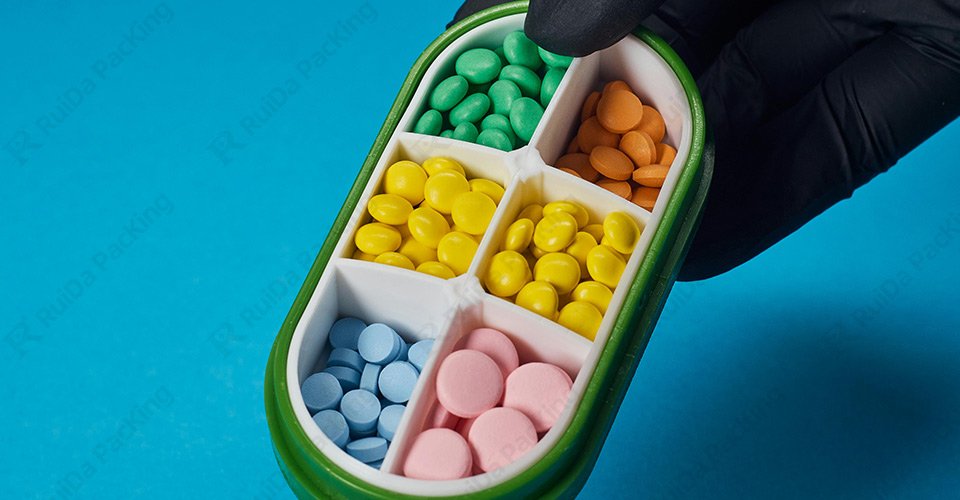
Efficacité de la production et optimisation des processus
Votre presse à comprimés a un impact significatif sur l'efficacité de la fabrication grâce à diverses fonctionnalités :
Avantages opérationnels
- Augmentation de la production avec des besoins en main-d'œuvre réduits
- Déchets de matériaux minimisés grâce à un contrôle précis
- Réduisez vos coûts de maintenance grâce à la maintenance prédictive
- Amélioration de l'efficacité énergétique grâce à un fonctionnement optimisé
- Cohérence améliorée des produits grâce à des contrôles automatisés
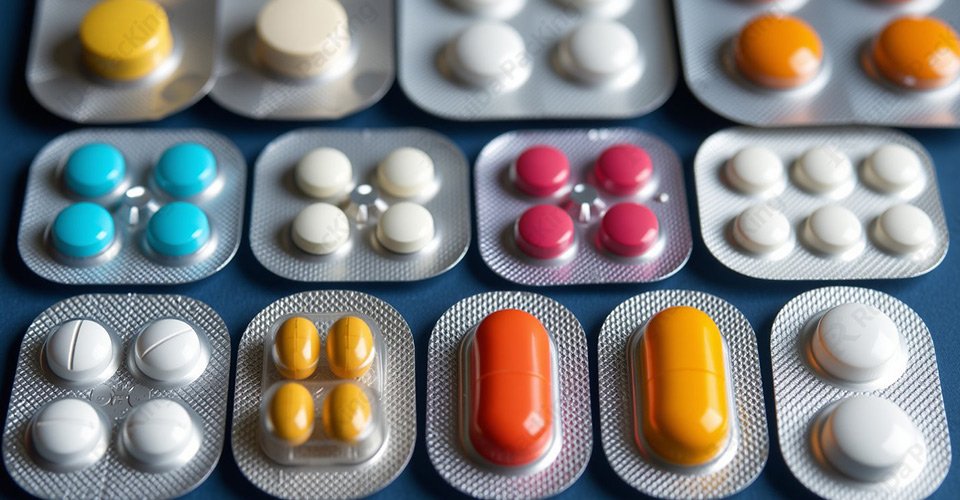
La puissance des presses à comprimés pharmaceutiques modernes
Ton presse à comprimés pharmaceutique Elle constitue la pierre angulaire de la production de formes posologiques solides, grâce à des systèmes de contrôle sophistiqués garantissant l'excellence de la fabrication. Les presses modernes associent un contrôle de compression de haute précision à une régulation automatique du poids et à un suivi qualité en temps réel. Le fonctionnement multiposte assure une production efficace tout en garantissant une flexibilité pour différents produits.
Les aspects de conformité réglementaire des systèmes modernes presses à comprimés On ne saurait trop insister sur ce point. Ces machines sont conçues pour répondre aux exigences des BPF et disposent de fonctionnalités complètes d'enregistrement des données et de suivi d'audit. Des fonctions intégrées de prévention de la contamination et des procédures de nettoyage validées contribuent à préserver l'intégrité de vos produits. La documentation des paramètres critiques du processus garantit transparence et traçabilité tout au long du processus de fabrication.
L'instrumentation avancée des presses à comprimés modernes vous permet de surveiller et de contrôler efficacement les paramètres critiques. De la mesure de la force de compression à la vérification du poids des comprimés, ces systèmes fournissent un retour d'information en temps réel qui contribue à maintenir la qualité du produit. La possibilité d'ajuster les forces de compression, la vitesse de la tourelle et la profondeur de remplissage vous offre un contrôle précis des caractéristiques du produit final.
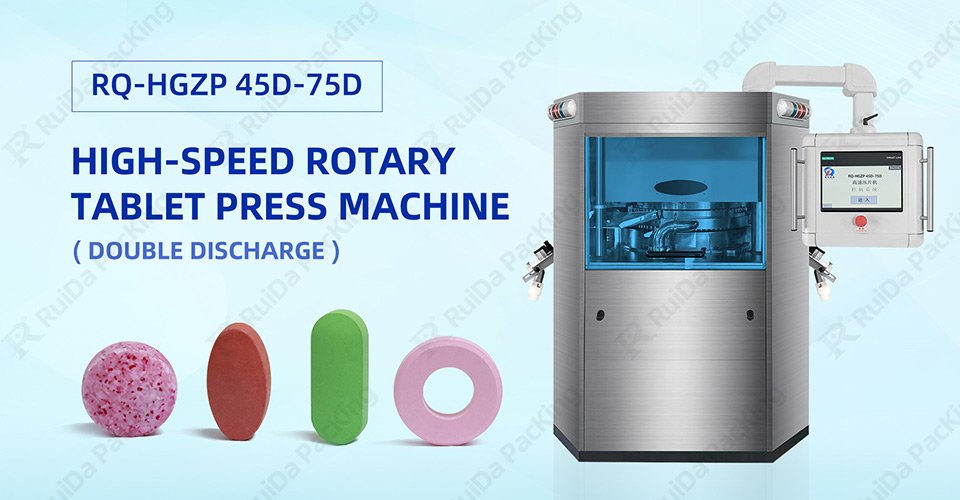
Impact sur le développement de produits et l'efficacité de la fabrication
Votre presse à comprimés joue un rôle crucial dans le développement des formulations et les processus de mise à l'échelle. Durant le développement, vous pouvez tester les propriétés de compression, évaluer l'écoulement de la poudre et évaluer la dureté des comprimés avec précision. La capacité à analyser les profils de dissolution et à déterminer les niveaux optimaux d'excipients contribue à la création de formulations robustes. Lors de la mise à l'échelle de la production, la constance des paramètres de compression et la reproductibilité des propriétés des comprimés garantissent une uniformité fiable d'un lot à l'autre.
Les avantages économiques d'un investissement dans une technologie moderne de presse à comprimés vont au-delà des coûts de production directs. Une capacité de production accrue, combinée à une réduction des besoins en main-d'œuvre et à une réduction des déchets de matériaux, améliore l'efficacité opérationnelle globale. Un meilleur contrôle qualité permet de réduire les taux de rejet et les enquêtes qualité, ce qui améliore la satisfaction client et réduit les coûts liés aux reprises ou aux rappels de produits.
Assurez l'avenir de votre production de tablettes
L'industrie pharmaceutique évolue vers la fabrication continue et l'intégration numérique. Les presses à comprimés modernes intègrent les fonctionnalités de l'Industrie 4.0, offrant des analyses de données, des options de surveillance à distance et des fonctions de maintenance prédictive. Ces avancées vous aident à conserver votre avantage concurrentiel tout en vous préparant aux futures exigences réglementaires et aux demandes du marché.
Lors de la mise en œuvre de la technologie de presse à comprimés, tenez compte de vos besoins en termes de volume de production, de la diversité de votre gamme de produits et des ressources disponibles. Une mise en œuvre réussie nécessite des programmes de formation complets pour les opérateurs et le personnel de maintenance, ainsi que des procédures de contrôle qualité bien définies. Des programmes de maintenance réguliers, des procédures de nettoyage appropriées et une optimisation constante des processus garantissent un retour sur investissement maximal.
Maximiser le succès de la production
Pour maintenir les performances optimales de votre presse à comprimés, mettez en place des programmes d'entretien réguliers et des procédures de nettoyage appropriées. L'inspection des composants, les programmes d'étalonnage et le remplacement ponctuel des pièces d'usure permettent d'éviter les arrêts imprévus et de maintenir la qualité des produits. La surveillance continue des paramètres clés et l'analyse des données de production permettent d'identifier les opportunités d'amélioration de l'efficacité.
L'optimisation des processus doit être un effort continu, intégrant des mises à jour régulières des procédures standard et la formation continue du personnel. En gardant ces aspects à l'esprit, vous garantissez une qualité de produit constante tout en maximisant l'efficacité de votre production de comprimés.
Les avantages de la compression de médicaments en comprimés solides vont bien au-delà de la simple commodité. Grâce aux presses à comprimés pharmaceutiques modernes, vous obtenez des produits de qualité supérieure, une meilleure observance du traitement par les patients et une meilleure efficacité de production. Avec les progrès technologiques, les presses à comprimés jouent un rôle de plus en plus important dans la fabrication pharmaceutique, offrant de nouvelles opportunités d'optimisation des processus et d'amélioration de la qualité.
Comprendre ces avantages et l’importance de presses à comprimés pharmaceutiques Vous permet de prendre des décisions éclairées concernant vos procédés de fabrication. En investissant dans des technologies adaptées et en appliquant des procédures opérationnelles rigoureuses, vous garantissez la production de comprimés pharmaceutiques de haute qualité, conformes aux exigences réglementaires et aux besoins des patients. N'oubliez pas que la réussite de votre production de comprimés dépend non seulement du choix de l'équipement, mais aussi de la qualité de la mise en œuvre et de la maintenance de vos procédés. Une formation, une maintenance et une optimisation régulières vous permettent de maximiser les bénéfices de votre investissement dans une presse à comprimés et de conserver votre avantage concurrentiel dans l'industrie pharmaceutique. Pour plus d'informations sur les presses à comprimés pharmaceutiques, n'hésitez pas à laisser un message à Contactez-nous.
Lorem ipsum dolor sit amet, consectetur adipiscing elit. Ut elit tellus, luctus nec ullamcorper mattis, pulvinar dapibus leo.
